Exactly one year ago yesterday, our friend Maurcio Santíllan, the owner of TAGS ALPARGATAS shoe store here in Merida (Mexico) invited us to the Palomar family house in Hunucma, Yucatan for a traditional Maya pib ceremony to celebrate Hanal Pixán, more widely known as Dia De Los Muertos (Day of the Dead) in Mexico. The Palomar family, with doñ Manuel Palomar works closely with Mauricio as the chief shoemaker for TAGS ALPARGATAS, making some of the most beautiful espadrilles canvas shoes and sandals with an array of beautiful Mexican prints and symbols on each one. Of course Mauricio has a story to tell behind each design, and the close relationship he has with his business partners is apparent upon meeting together in person. Mauricio was not only the perfect person to introduce us to the Palomar family, but his excitement and passion to learn as much as he can about Maya people and their culture and traditions made this experience so special and meaningful for us to partake in.
Film
Watch the video we made from this amazing holiday and pib ceremony with the Palomar family below.
What is Hanal Pixán?
Hanal Pixán is such a special time of year for Maya people. Hanal Pixán, a Maya word that literally translates to “Food of the Souls,” is traditionally celebrated between October 31st and November 2nd by the Maya people in and around the Yucatan. There is speculation that the holiday has mildly been adapted or hybrid mixed with All Saints Day from the Catholic tradition to accommodate 2-3 days of celebration.
It is a beautiful and completely unique celebration which is centered around inviting your past loved ones back from death to earth to spend time with their family. Family members attract their deceased “beloveds” through the smells of their favorite foods, the light of candles and other offerings or “ofrendas,” such as incense and flowers. It is not a sad holiday, but more of a celebration or a happy reunion to spend time with family. The adage “Food Is Love” (comida es amor) rings more true than ever.

The Altars
The families of the deceased invite their families back with an altar that is intricately decorated with their favorite foods, drinks, candles, a glass of water, flowers, photos and a green cross to represent the sacred Maya yaxche tree (or ceiba tree) to attract them back using the smells of food and incense. Once the loved ones have returned, the family prays and honor their loved ones with Maya words and chants. It is truly a spiritual experience. To witness the matriarch of the Palomar family – doña Rosario – praying at the altar was one of the moments in life you don’t ever forget. You could feel the peace, love and energy in the air. (*Watch our film about it to truly understand the feeling of this special day and moments).
The children’s altars are decorated with toys, candies, fruits and gifts along with bright colors for the child’s return. The adult altars usually include the relatives favorite liquor drink or cigars.
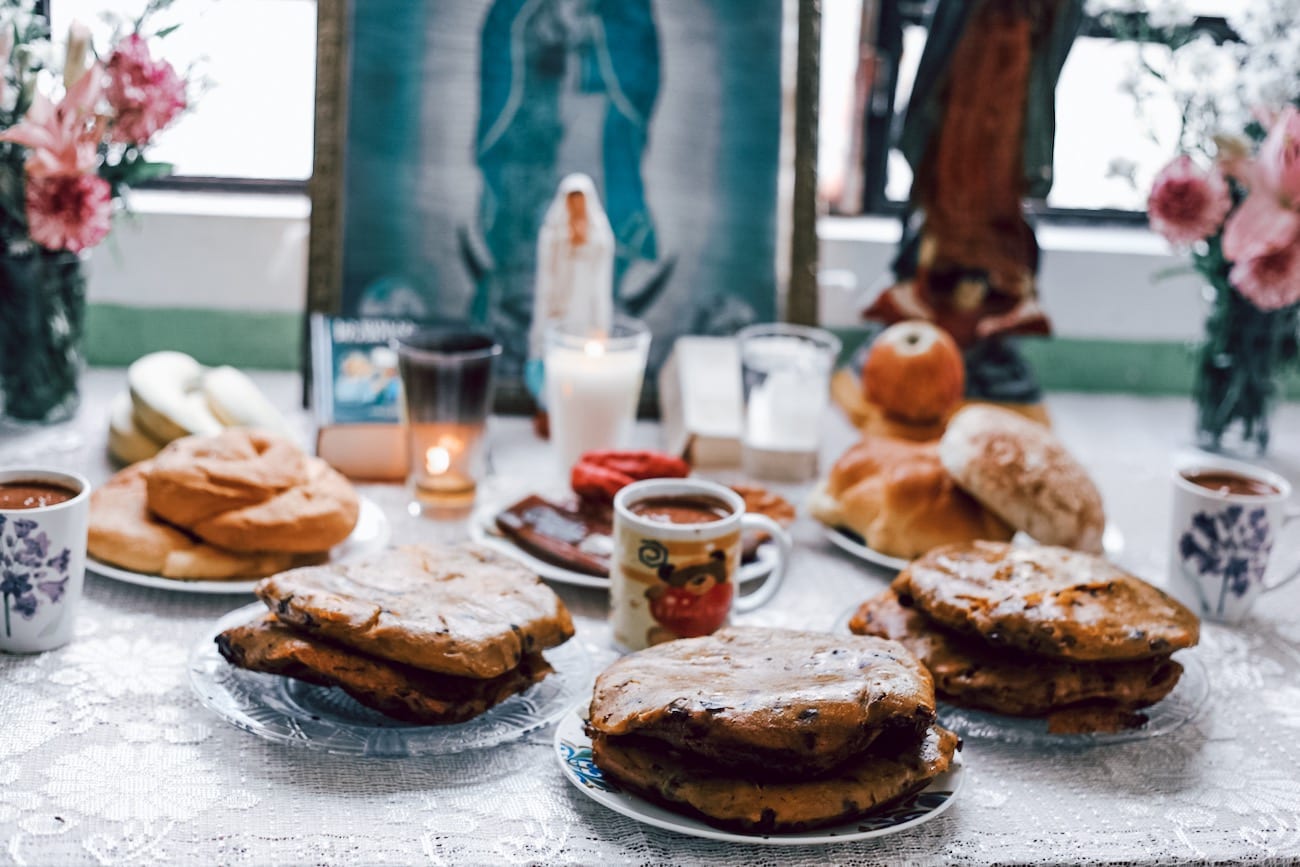
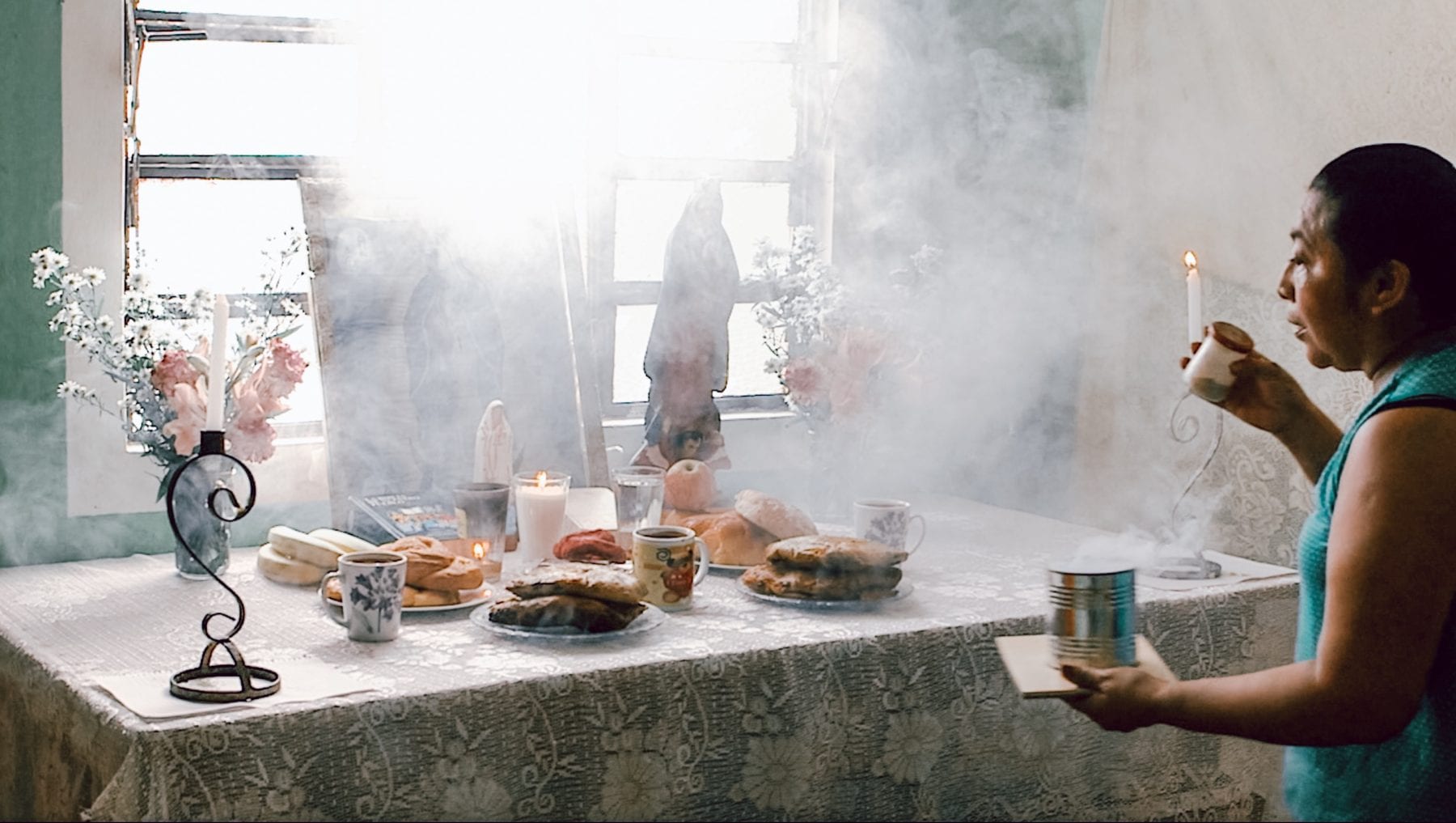
Three Days of Celebration
During the celebration of Hanal Pixán, the Maya observe a different group of relatives with the first day landing on October 31st to celebrate the children, which is called U HANAL PALAL, or Dia de los Niños (day of the children). The second night is on November 1st, which is for adults and is called U HANAL NUCUCH UINICOOB, a celebration for the adult relatives. The third night is on November 2nd, which is called HANAL PIXANOO, or Todas las Almas (all the souls) in which all of the souls are celebrated.
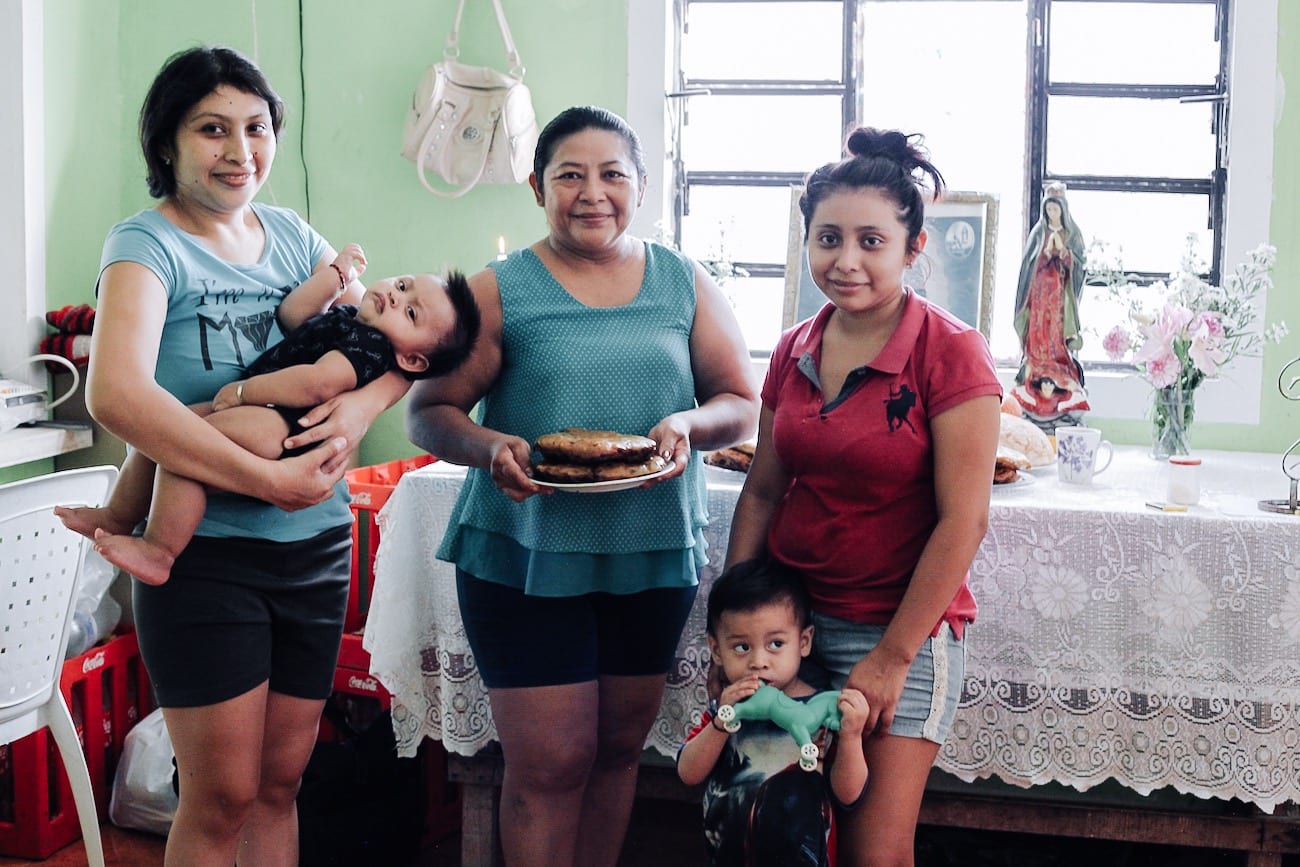
Pib: An Underground Oven
Pib is a made from cornmeal and stuffed with beans, chicken or other meat (we had special vegetarian pib made for us by the Palomar family last year), and seasoned with “achiote,” a red seeded spice found here in the Yucatan, along with other spices. The dough container ends up looking kind of like a pie with a top, then wrapped in banana leaves, and tied up with henequin fibers (which are made from the agave plant). Traditionally the women in the family spend all morning making the pibs.
After that, the pibs are placed in an underground oven which is extremely complex to build. The underground oven is dug out in the morning traditionally by the men in the family, and the coals are prepared along with leaves, stones, wood, branches, and an agave grill. Everything in the process has been developed over generations of trial and error to make it perfect. The firewood comes from the chukum tree, an endemic tree to the Yucatan region. The pib is laid on top of the grill covered with layers of material such as grain sacks and leaves, to prevent air from getting inside and causing another fire, until it is finally buried underneath the earth. It is left for 2 hours until perfectly cooked and uncovered, with the belief it is similar to the unearthing of a body from a grave.

The Maya Tradition
The whole family partakes in this full-day process, and it is hard, grueling, complex work – with seemingly unending tasks to attend to without the aid of modern machinery or equipment like a stove. But this is what makes it so special. Not only is the family getting to connect on such a complex task, like a perfect harmonious team, but they are also connecting with the tradition of all of the ancestors hundreds of years before, who did the same thing. The ability to pass along this tradition, generation after generation for time immemorial is significant.
The fact that doñ Manuel never learned from his father because his father liked to do everything his own way, could have been the cutting off of a tradition being passed down (heartbreaking), if it weren’t for his father-in-law from doña Rosario’s family teaching him how to make the fire and everything. It was clear that doña Rosario was very in touch with this tradition and to us, felt like a matriarch full of wisdom, passion, knowledge, kindness and love. She truly wanted us to see what they were doing, understand it and include us in the process. Cassie even got to actually make a pib! (see video to watch the process here.)
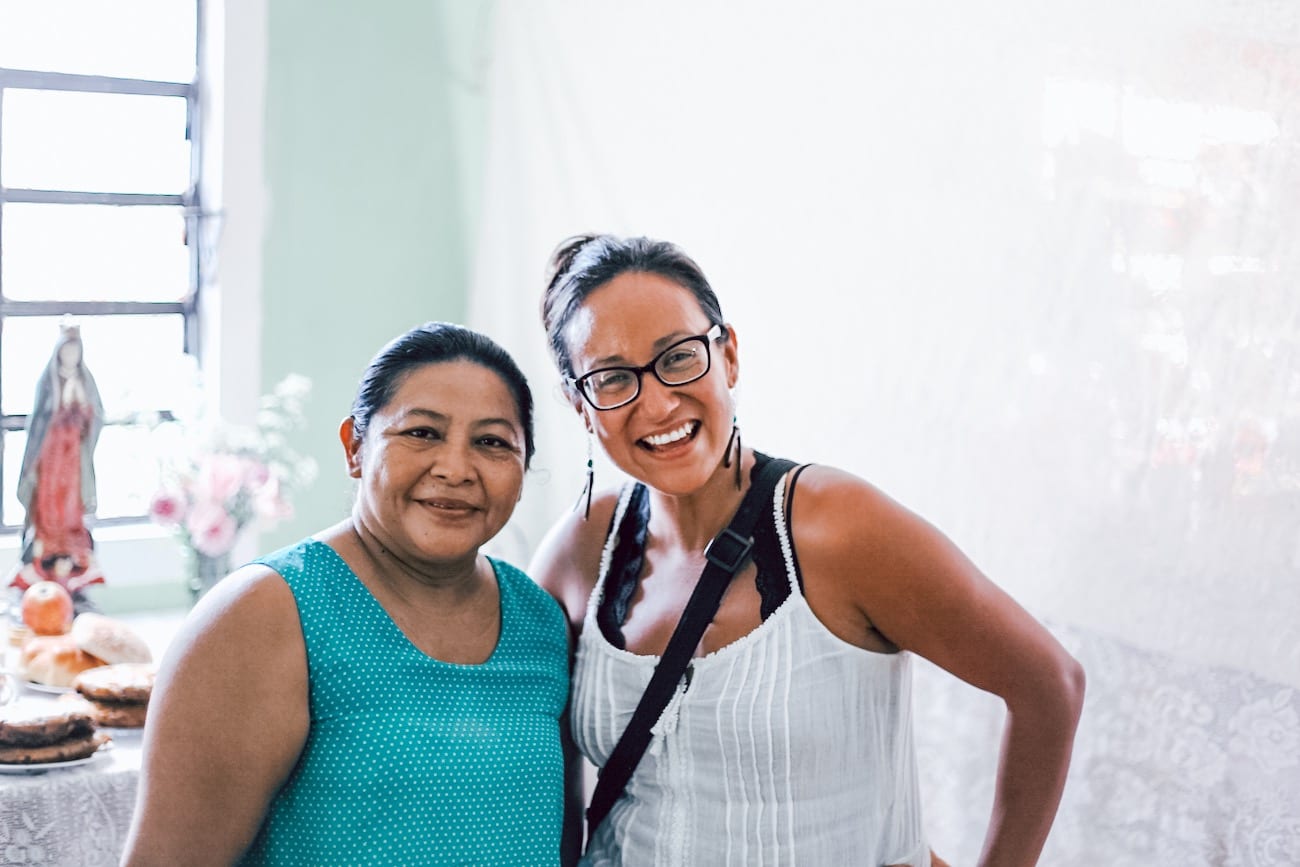
Conclusion
We felt so honored and blessed to get to witness, experience and partake in this beautiful tradition!!! The fact that the Palomar family let us come and film the whole day, partake in the process while learning all of the aspects of the tradition as well as eat a vegetarian pib, was something we will always be grateful for. They were absolutely the most gracious and kind hosts, teachers, and humans.
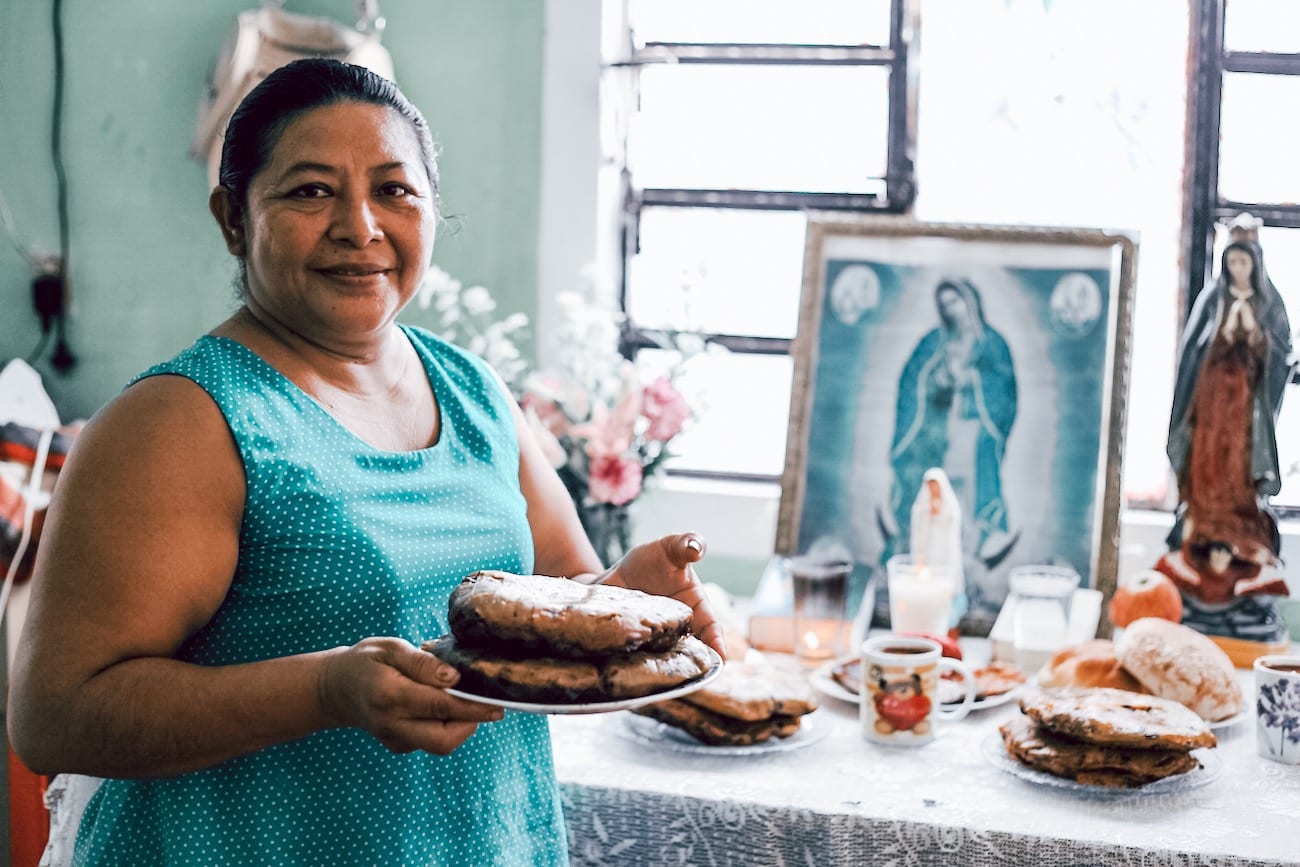

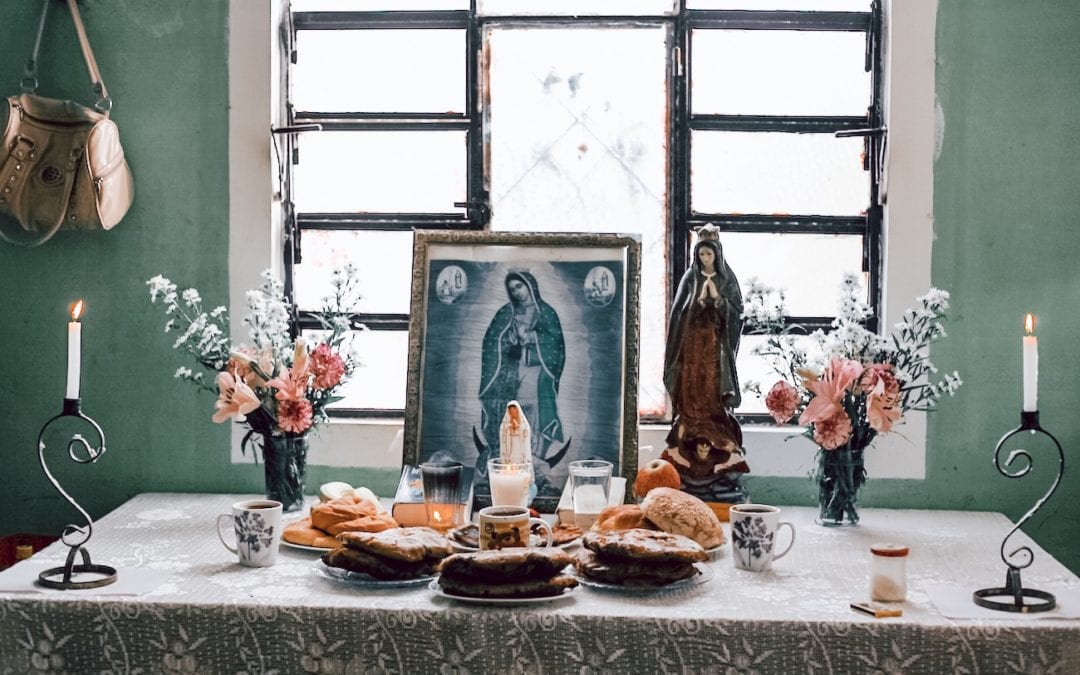







Great story and video. Thanks for sharing.
Here there is another great video related to this Yucatan tradition:
Thank you so much for your reply and kind words Alfonso. We will be sure to check out that YouTube video; always excited to learn more about this beautiful tradition.